UN’s top court to deliver advisory opinion on Israel next week
The United Nations’ top court is set to deliver its opinion on the legal consequences of Israel's 1967 occupation of Palestinian territories next week.
The International Court of Justice (ICJ) announced on Friday that “the ICJ will deliver its Advisory Opinion in respect of the Legal Consequences arising from the Policies and Practices of Israel in the Occupied Palestinian Territory, including East Jerusalem [al-Quds] on 19 July.”
In February, a record 52 countries presented arguments at the ICJ, known as the World Court, about the legal ramifications of Israel's actions in the territories.
This case was initiated by a UN General Assembly (UNGA) resolution in December 2022, before Israel’s October genocidal war on the Gaza Strip.
PRESS RELEASE: the #ICJ will deliver its Advisory Opinion in respect of the Legal Consequences arising from the Policies and Practices of Israel in the Occupied Palestinian Territory, including East Jerusalem on 19 July 2024 at 3 p.m. https://t.co/y0CgVd2hss Watch live @UNWebTV pic.twitter.com/C9skl1mAGN
— CIJ_ICJ (@CIJ_ICJ) July 12, 2024
It is separate from another ICJ case filed against Israel by South Africa.
South Africa filed a genocide case against Israel in December 2023 over its war on the Gaza Strip. According to South Africa’s application, Israel's actions in Gaza were "genocidal in character because they are intended to bring about the destruction of a substantial part of the Palestinian national, racial and ethnical group."
The ICJ’s final ruling on the broader South African case may take months if not years to rule, but the court can order urgent measures while weighing its decision.
In January, the ICJ, whose orders are legally binding but lack direct enforcement mechanisms, issued an interim ruling, ordering the occupying regime to take all measures to prevent genocide in Gaza, but stopped short of ordering a ceasefire.
On March 6, South Africa returned to the court, requesting additional provisional measures against Israel in light of reports of widespread starvation.
Later in March, the court ordered Israel to take "all necessary and effective measures to ensure, without delay, in full cooperation with the United Nations, the unhindered provision at scale by all concerned of urgently needed basic services and humanitarian assistance.”
In May, the court ordered Israel to halt its offensive in Rafah after South Africa asked the ICJ to order a halt to the war in Gaza, and in the refugee-packed city in particular.
While Israel ignored the ruling, the upcoming opinion could add political pressure over Israel’s nine-month-old war against Gaza.
Israel launched the war on Gaza on October 7 after the Palestinian resistance movement Hamas waged the surprise Operation Al-Aqsa Storm against the occupying entity in response to the Israeli regime's decades-long campaign of bloodletting and devastation against Palestinians.
Tel Aviv has also blocked water, food, and electricity to Gaza, plunging the coastal strip into a humanitarian crisis.
Since the start of the offensive, the Tel Aviv regime has killed at least 38,345 Palestinians and injured 88,295 more. Thousands more are also missing and presumed dead under rubble.
The fall of Bashar Assad
VIDEO | Al-Quds Committee in Amman honors memory of martyred journalist Iman Al-Shanti
VIDEO | Press TV's news headlines
VIDEO | Syria’s economy
VIDEO | Israel exceptionalism under US law
VIDEO | 1 million-plus settlers flee after Yemeni missile strikes Tel Aviv metropolitan area: Media
US pushes new strike group into region after aircraft carrier flees Yemen’s firepower
World has ‘embarrassingly failed to stop Israel amid incessant US support’: FM


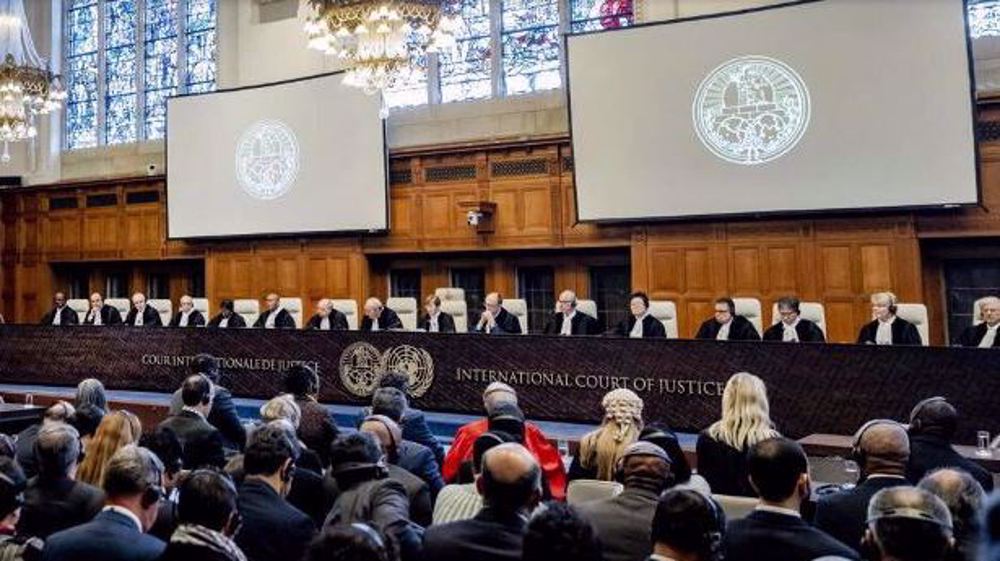
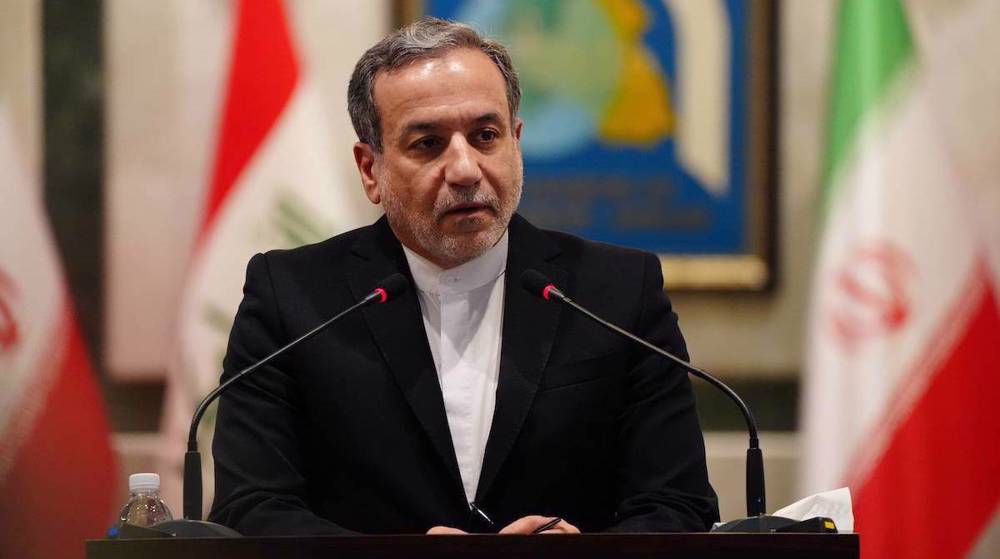
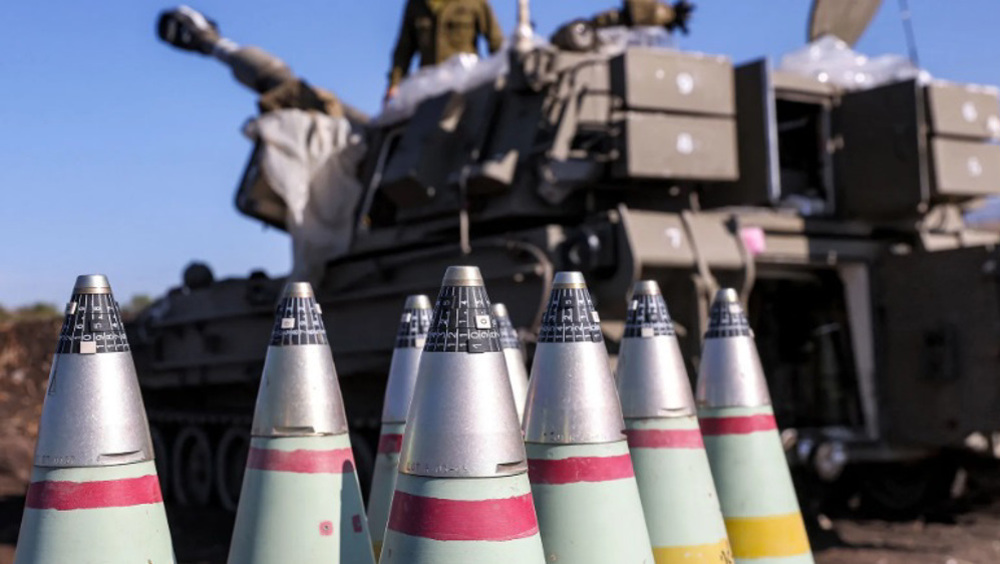
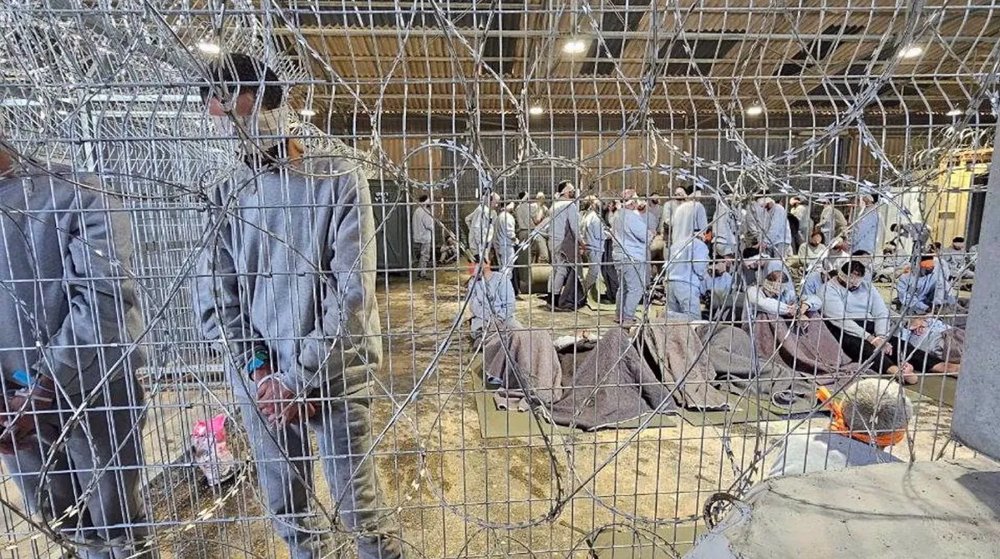



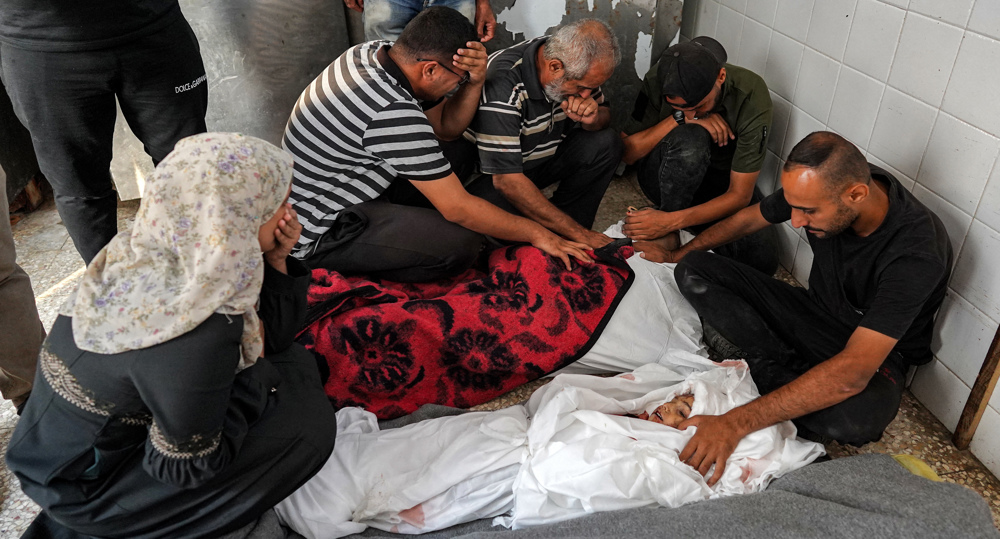
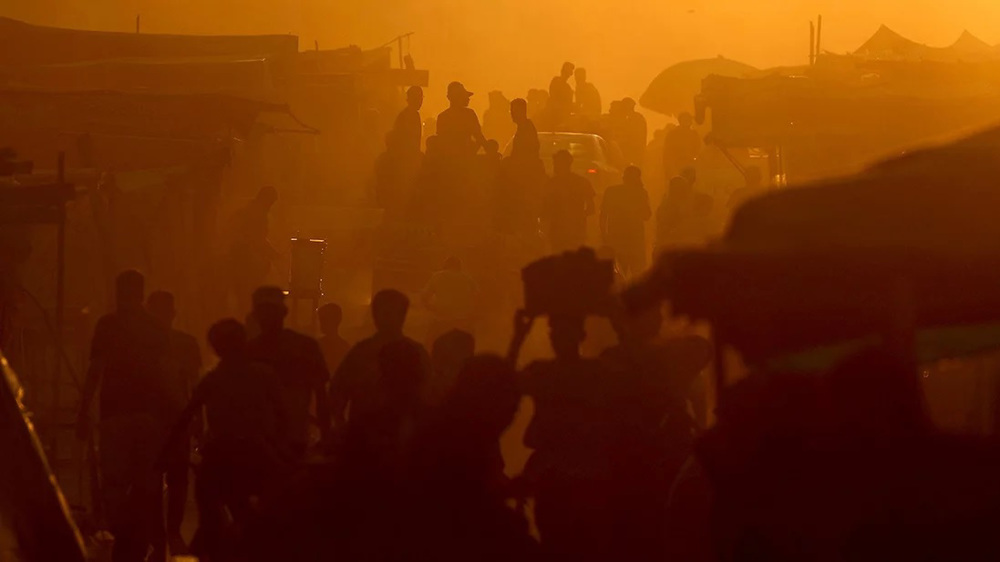
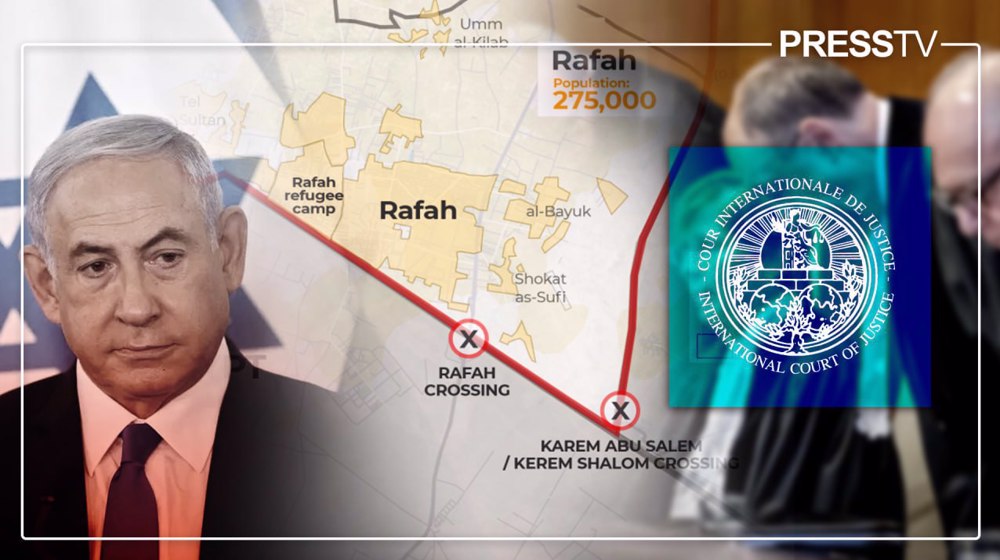
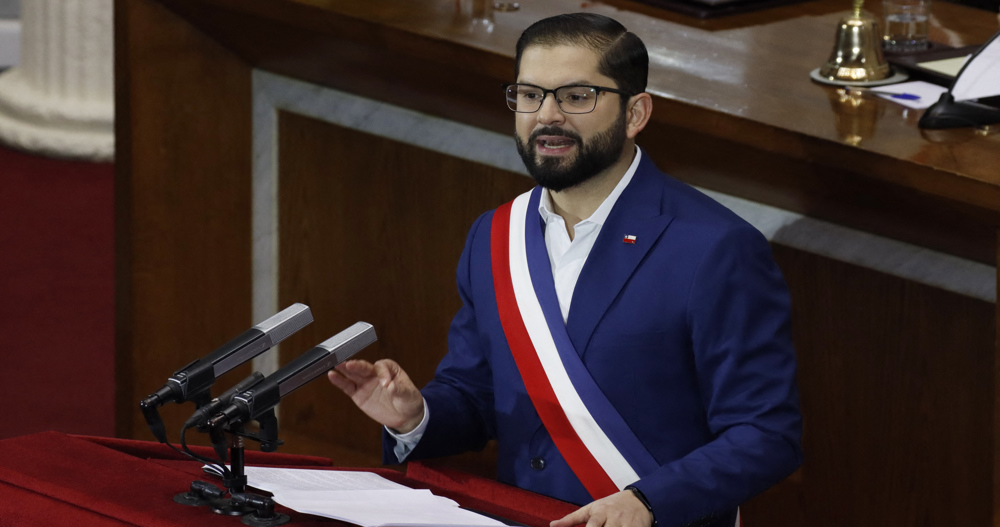

 This makes it easy to access the Press TV website
This makes it easy to access the Press TV website